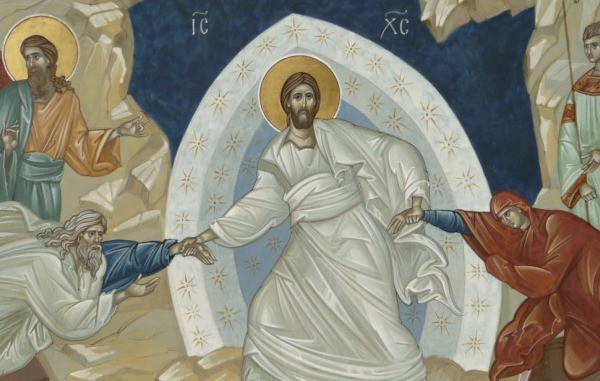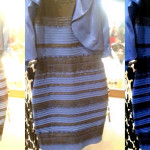5 Possible Theories that Explain the Resurrection of Jesus
by Dr. Peter Kreeft
Filed under The Resurrection
NOTE: Christians around the world celebrated Good Friday and Easter last week, which commemorate the death and resurrection of Jesus Christ. Thus we began a six-part series on these events by Dr. Peter Kreeft in which he examines each of the plausible theories attempting to explain what happened to Jesus at the end of his life, particularly whether he rose from the dead.
Part 1 - 5 Possible Theories that Explain the Resurrection of Jesus
Part 2 - Rejecting the Swoon Theory: 9 Reasons Why Jesus Did Not Faint on the Cross
Part 3 - Debunking the Conspiracy Theory: 7 Arguments Why Jesus’ Disciples Did Not Lie
Part 4 - Refuting the Myth Theory: 6 Reasons Why the Resurrection Accounts are True
Part 5 - Real Visions: 13 Reasons the Disciples Did Not Hallucinate
Part 6 - (Coming soon!)
Christ's resurrection can be proved with at least as much certainty as any universally believed and well-documented event in ancient history. To prove this, we do not need to presuppose anything controversial (e.g. that miracles happen). But the skeptic must also not presuppose anything (e.g. that they do not). We do not need to presuppose that the New Testament is infallible, or divinely inspired or even true. We do not need to presuppose that there really was an empty tomb or post-resurrection appearances, as recorded. We need to presuppose only two things, both of which are hard data, empirical data, which no one denies: The existence of the New Testament texts as we have them, and the existence (but not necessarily the truth) of the Christian religion as we find it today.
The question is this: Which theory about what really happened in Jerusalem on that first Easter Sunday can account for the data?
There are five possible theories: Christianity, hallucination, myth, conspiracy, and swoon.
| 1 | Jesus died | Jesus rose | Christianity |
| 2 | Jesus died | Jesus didn't rise—apostles deceived | Hallucination |
| 3 | Jesus died | Jesus didn't rise—apostles myth-makers | Myth |
| 4 | Jesus died | Jesus didn't rise—apostles deceivers | Conspiracy |
| 5 | Jesus didn't die | Swoon |
Theories 2 and 4 constitute a dilemma: if Jesus didn't rise, then the apostles, who taught that he did, were either deceived (if they thought he did) or deceivers (if they knew he didn't). The Modernists could not escape this dilemma until they came up with a middle category, myth. It is the most popular alternative today.
Thus either (1) the resurrection really happened, (2) the apostles were deceived by a hallucination, (3) the apostles created a myth, not meaning it literally, (4) the apostles were deceivers who conspired to foist on the world the most famous and successful lie in history, or (5) Jesus only swooned and was resuscitated, not resurrected. All five theories are logically possible, and therefore must be fairly investigated—even (1)! They are also the only possibilities, unless we include really far-out ideas that responsible historians have never taken seriously, such as that Jesus was really a Martian who came in a flying saucer. Or that he never even existed; that the whole story was the world's greatest fantasy novel, written by some simple fisherman; that he was a literary character whom everyone in history mistook for a real person, including all Christians and their enemies, until some scholar many centuries later got the real scoop.
If we can refute all other theories (2-5), we will have proved the truth of the resurrection (1). The form of the argument here is similar to that of most of the arguments for the existence of God. Neither God nor the resurrection are directly observable, but from data that are directly observable we can argue that the only possible adequate explanation of this data is the Christian one.
Related Posts
Note: Our goal is to cultivate serious and respectful dialogue. While it's OK to disagree—even encouraged!—any snarky, offensive, or off-topic comments will be deleted. Before commenting please read the Commenting Rules and Tips. If you're having trouble commenting, read the Commenting Instructions.













